“During the Spring 2024 Xiamen International Tea Fair, the ‘Organic Tea Pavilion' will showcase fine organic teas from around the world. A series of forums, tastings, promotional events, and an organic tea science corridor, as well as certification information booths, will provide valuable insights for attendees. Stay tuned for more insights on our official channel!
The current episode focuses on defining organic tea and differentiating it from conventional tea products.

Organic tea is produced using natural laws and ecological principles, employing sustainable agricultural techniques that are beneficial to the ecosystem and environment. No synthetic pesticides, fertilizers, growth regulators, or additives are used during cultivation and processing. Certification by authorized bodies is required. [1]
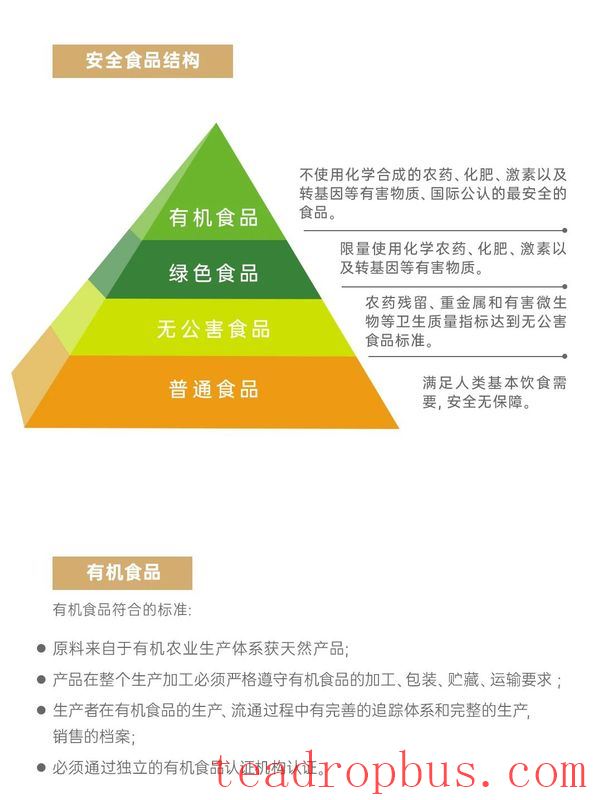

Environmental Requirements for Origin
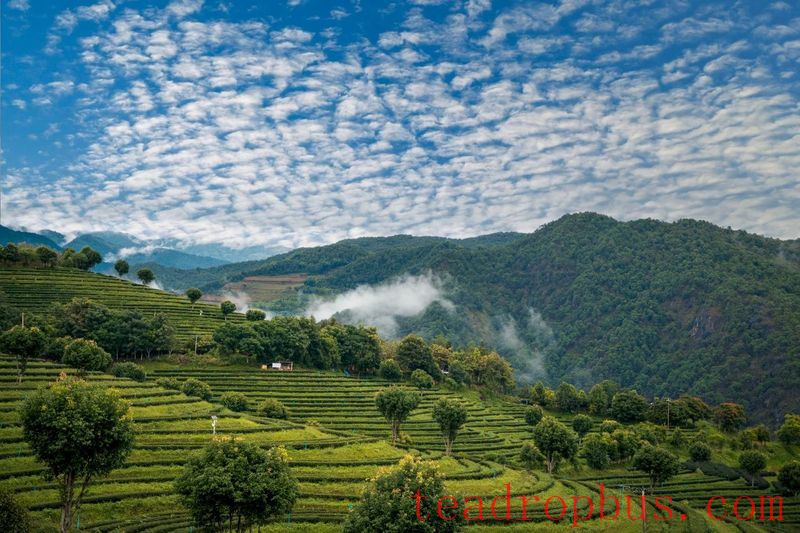
The environmental requirements for organic tea production are stringent. The origins must be in areas with excellent ecological conditions, far from pollution sources, and have sustainable agricultural capabilities. Specifically:
1. The air quality at the organic tea base must be clean and unpolluted.
2. Heavy metal content (lead, mercury, cadmium, arsenic, chromium) and pesticide residues (e.g., DDT, BHC) in the soil must be within specified limits.
3. Irrigation water for tea gardens must come from clean sources.
4. Tea gardens should maintain a certain distance from main traffic routes, factories, and towns, ensuring no pollution sources are nearby, upwind, or upstream.
Production Process
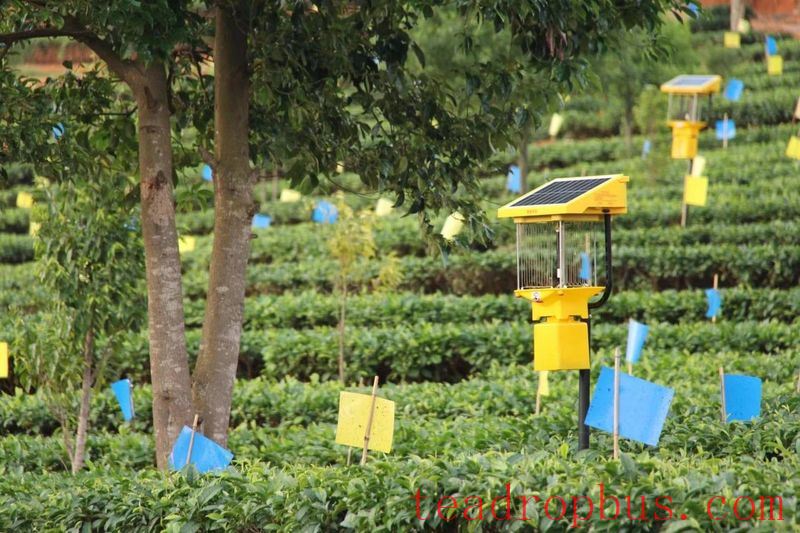
The use of any synthetic pesticides, fertilizers, plant growth regulators, or herbicides is prohibited during production. Emphasis is placed on:
1. Internal recycling and reuse of materials and energy in the soil.
2. Ecological and natural control methods, agricultural techniques, and physical methods to manage pests and diseases.
3. Adoption of environmentally friendly practices to reduce resource consumption and address issues such as biodiversity loss, soil fertility decline, and agricultural pollution.
Emphasis on Full-Process Control
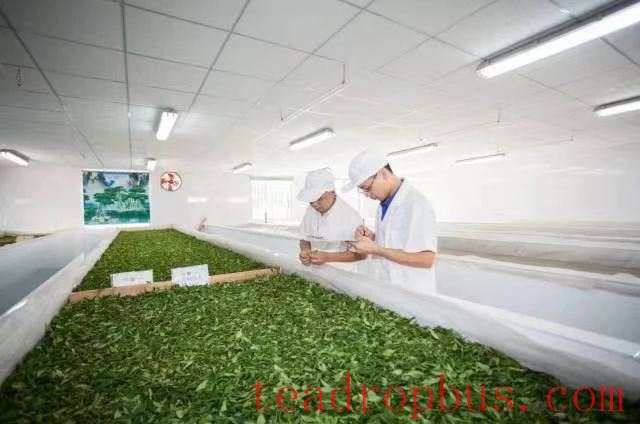
Control over the entire production, processing, and sales process is emphasized. Organic tea production adheres to comprehensive quality safety control from ‘garden to Cup', with a complete management system. Each step, from field production to processing and sales, must follow standards and guidelines, with detailed records kept. These records cover inputs, harvests, product quality and quantity, product flow, and waste disposal, enabling traceability.
Certification and Mark Management
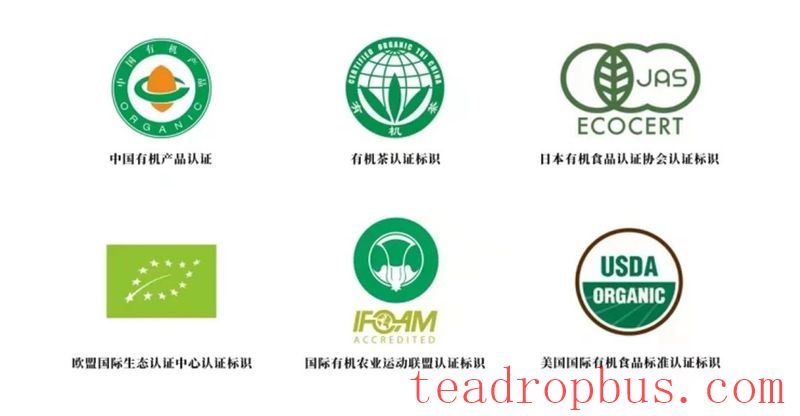
Organic tea must be certified by professional certification bodies with organic product accreditation, following relevant standards and rules, before it can be sold on the market.
For more information on organic tea, follow the “Xiamen International Tea Fair” official account. In the next article, we will delve into international organic tea certification standards. Remember to like and share to help spread the word about organic tea!
Image and text references:
PART01 Image source: Mingriyuan;
PART02 Image source: Zhengmi Organic Tea;
PART03 Image source: T3 Organic Tea;
[1] Yang Xulin, Hu Qiang, Chen Fuqiao. Current Status, Trends, and Suggestions for the Development of China's Organic Tea Industry. China Tea, 2025, 45(10): 9-13.
[2] Hu Qiang, China Tea Society, “Tea Science | What is Organic Tea? What are the Differences Between Organic Tea and Conventional Tea?”